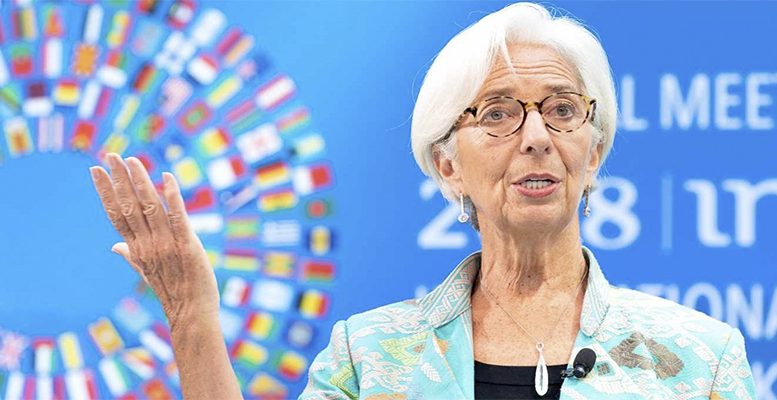Another of the IMF´s recommendations relates to the labour market. According to the Fund, Spain has been able to create a lot of employment in the past through labour market reforms. It advocates further deepening these reforms.
As for the thorny issue of pensions, the IMF considers that linking pensions to the consumer price index (CPI) could imply risks to the country´s financial sustainability. In fact, the institution calculates that linking them in a permanent way could provoke an increase of 3%/4% of GDP up to 2050, which would amount to around 45 billion euros.
Lastly, the review of the Spanish financial system shows an improvement in its health, although vigilance should be maintained against posible systemic risk. The IMF advocates macroprudential tools that will allow the Bank of Spain to identify and warn about risks. It considers that greater vigilance is needed above all in housing loans and consumer credit.





